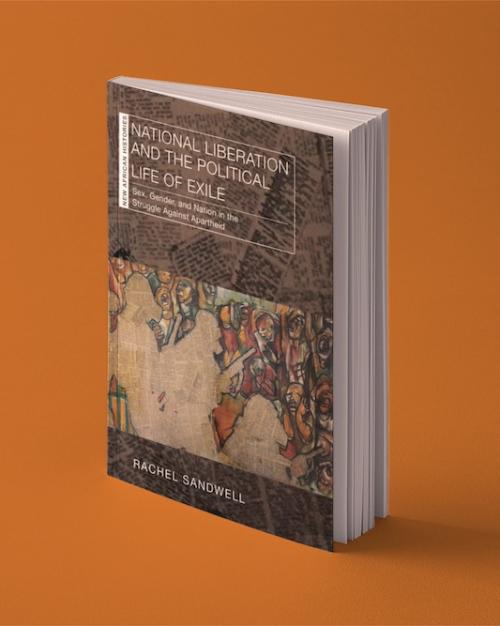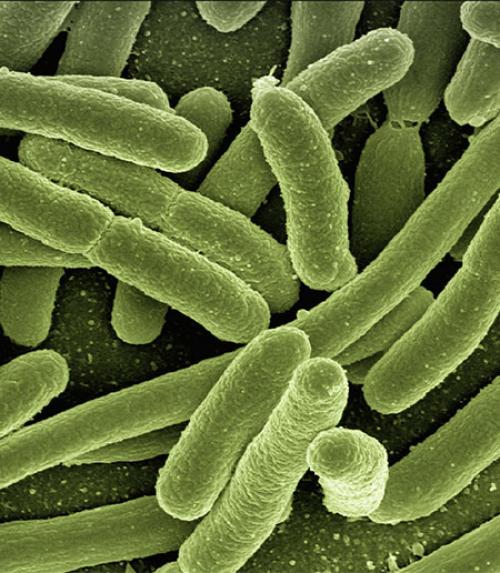This Cornell Research story focues on the work of Chih-chun Lin, Cornell Presidential Postdoctoral Fellow in the in the lab of Andrew G. Clark, professor of molecular biology and genetics.
“In the past, we primarily thought of microbes in a pathogenic way, as something bad,” Lin says in the story. “The more we learn now, the more we realize there are different types of microbes. Some have been living with humanity a very long time, and they are actually very beneficial to our health.”
Lin explores interspecies interactions as a follow-up to her groundbreaking PhD research on the environmental factors that shape bacteria-host communication. She will be building on discoveries she made with the worm Caenorhabditis elegans, in the lab of Meng Wang at Baylor College of Medicine in Houston, Texas.
Read the entire Cornell Research story.




